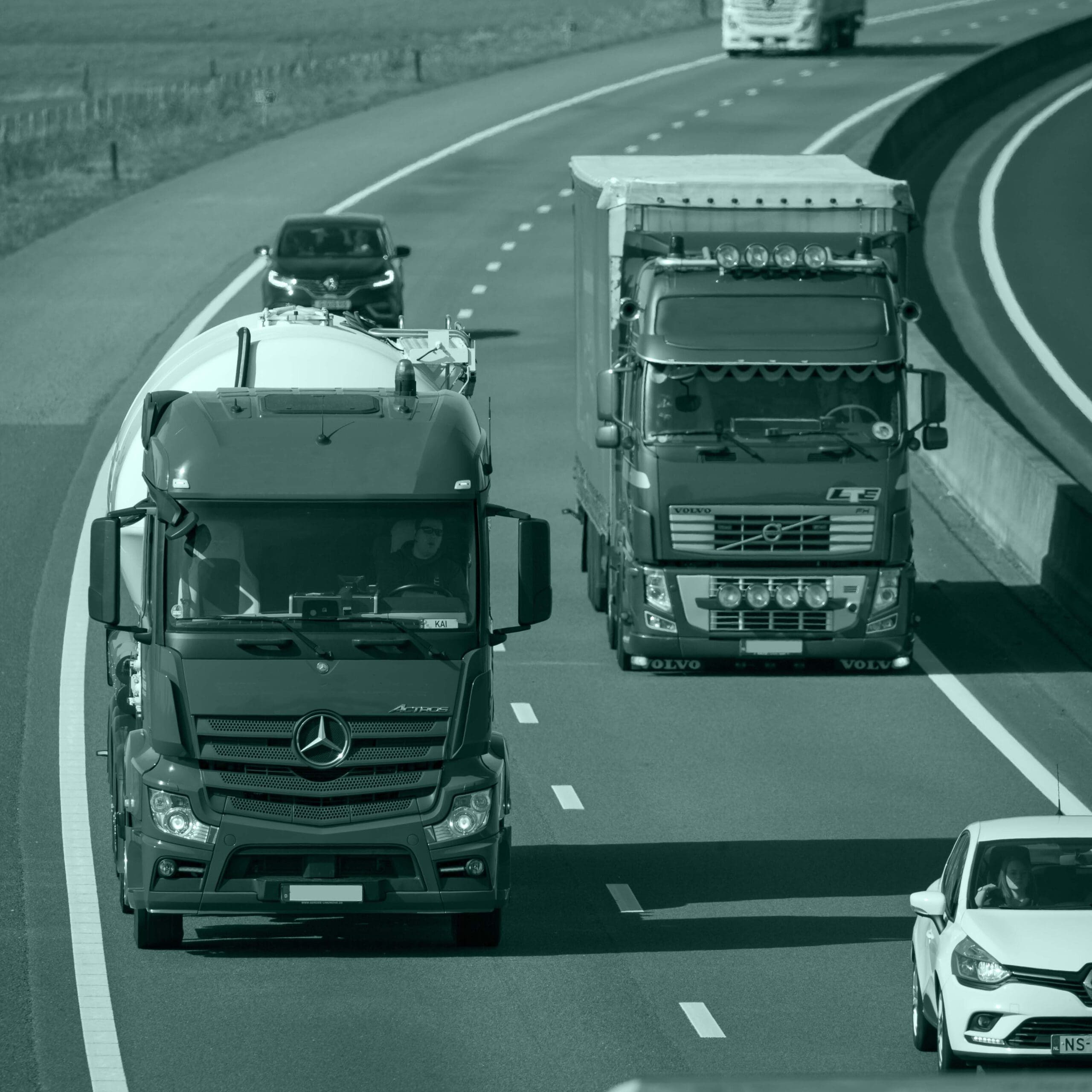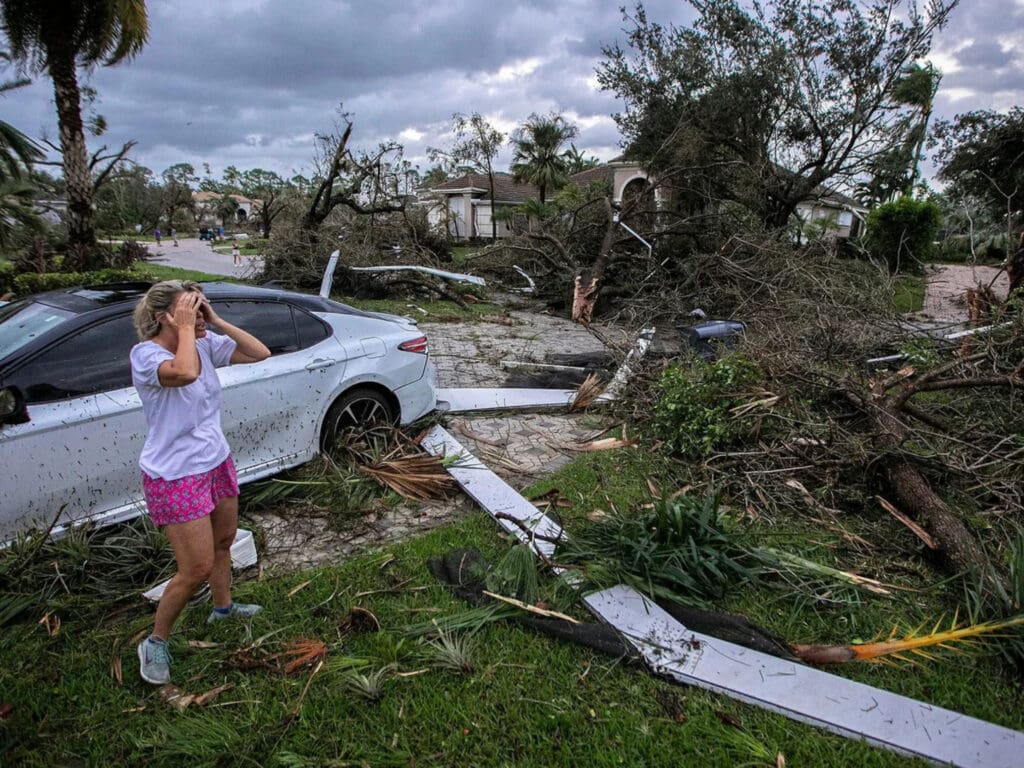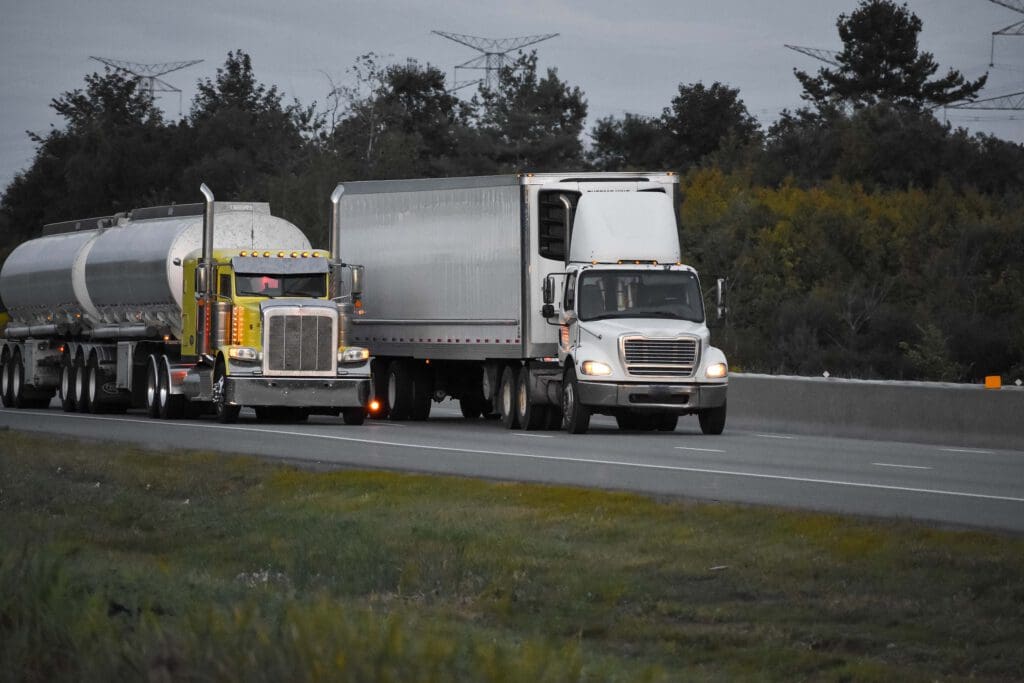Every day, diesel trucks roll through roadside communities, spewing toxic smoke. We need trucks to collect our garbage and deliver goods, but we don’t need their pollution. People near highways, ports, and warehouses pay the price with their health and livelihoods.
Diesel trucks produce nearly half of NOx emissions[X]Nitrogen oxides (NOx) are toxic gases released from burning diesel fuel. They contribute to smog, respiratory diseases, and climate change. and over a quarter of fine particulate pollution[X] Fine particulate pollution (PM2.5) consists of tiny airborne particles from diesel exhaust that penetrate deep into the lungs and bloodstream, increasing the risk of asthma, heart disease, and premature death.—linked to asthma, heart disease, and early death. Children are especially at risk.
Diesel also fuels the climate crisis. From floods in Spain and Brazil to hurricanes in Mexico and wildfires in Los Angeles, extreme weather is worsening—destroying homes, displacing families, and claiming lives.
This pollution is avoidable. Electric trucks don’t poison our air, and the technology is viable now. Truck makers have the power to change course—to invest in electric trucks instead of clinging to diesel. They can help to protect our lives and homes, but only if they choose to act.




